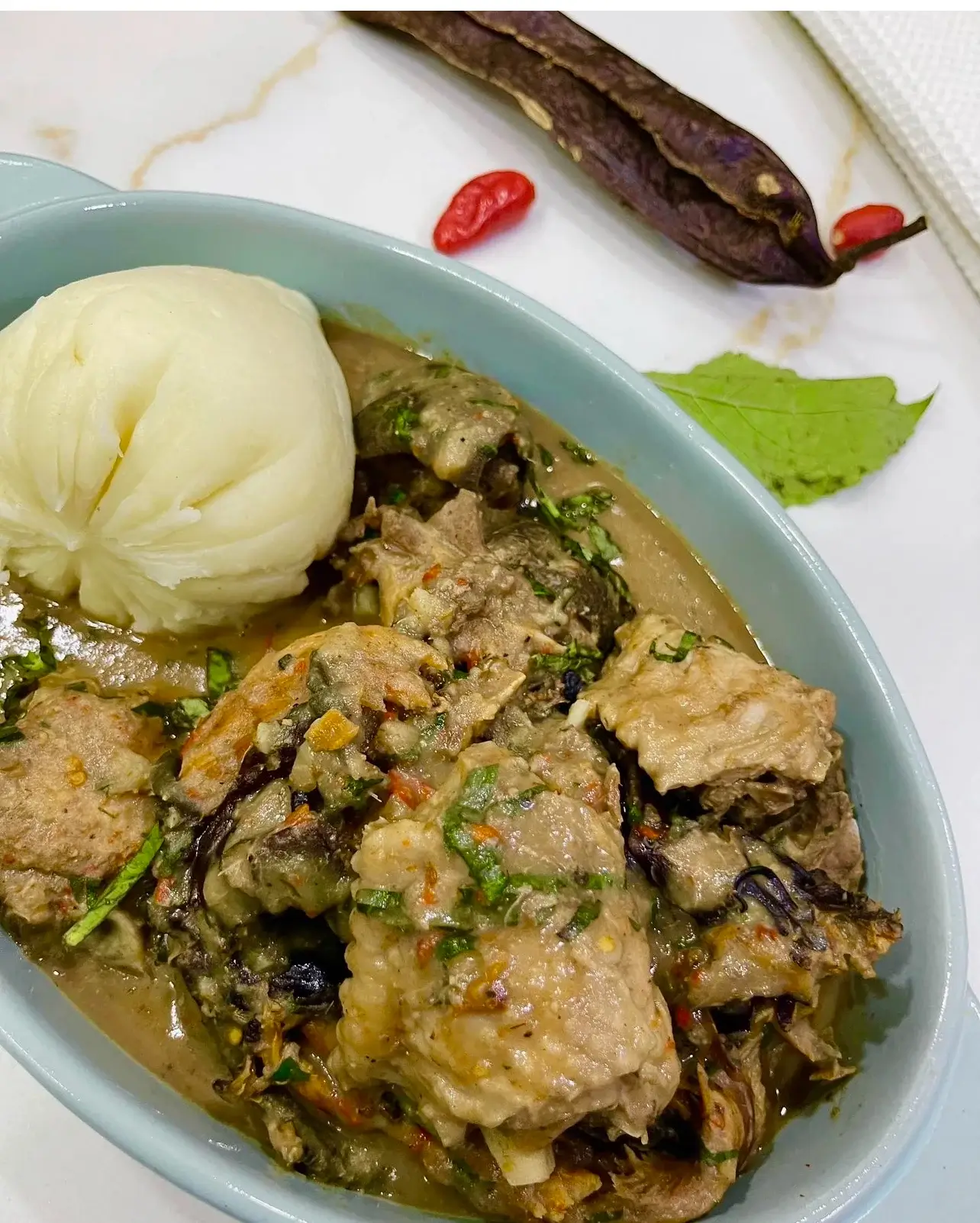The Science of Nigerian Culinary Processes
Key Biochemical Transformations
Understanding the science behind cooking is crucial in mastering Nigerian dishes. For example, the Maillard reaction is responsible for the rich, savory crust on Suya skewers, while starch gelatinization gives pounded yam its characteristic glutinous texture. These biochemical transformations are essential for achieving authentic flavors and textures.
Flavor Architecture Principles
Nigerian dishes are renowned for their robust flavors, often achieved through umami synergy, as seen in the Obe Ata stew base. The enzymatic fermentation dynamics in Iru production also contribute to the depth and complexity of flavors, offering a unique taste profile that defines many Nigerian meals.
Core Nigerian Cuisine Course Framework
Foundational Techniques Intensive
Our courses begin with foundational skills, such as precise knife techniques for vegetable mise en place, which is crucial for uniform cooking. You’ll also learn traditional steaming methods for controlling protein denaturation in Moi Moi, and spice blending protocols to balance capsaicin heat perception effectively.
Regional Specialization Modules
Explore the diverse culinary landscape of Nigeria with modules focused on regional specialties. From the Niger Delta’s seafood preservation and acidity modulation for Fisherman’s Soup to Northern grain fermentation techniques for Kunu and Tuwo mastery, these courses offer a deep dive into local traditions.
Contemporary Adaptation Workshop
Our workshops also cover modern texture manipulations in reinvented Swallow staples, allowing you to innovate while respecting tradition. These adaptations ensure you can cater to contemporary tastes while preserving authentic flavors.
Instructional Methodology Analysis
In-Person Laboratory Advantages
Hands-on experience is invaluable. In our state-of-the-art kitchens, you’ll observe emulsion stabilization in Egusi soups and receive tactile feedback during dough hydration assessments, providing an immersive learning environment.
Digital Module Efficacy
Our online courses feature high-quality video tutorials that include macro-lens demonstrations of oil-temperature visual cues and pH measurement simulations for fermented condiments, making them an effective learning tool for remote students.
Common Technical Errors and Rectifications
Moisture Management Failures
In dishes like Jollof rice, improper hydration can lead to starch clumping. We emphasize the importance of fixed grain-to-liquid ratios, validated through repeated trials, to ensure perfect results.
Heat Application Missteps
Cooking Asun meat requires careful temperature control to avoid protein toughening caused by exceeding the 70°C collagen shrinkage threshold. We teach infrared thermometer-guided temperature zoning to maintain optimal cooking conditions.
Conclusion
Mastering Nigerian cuisine is a journey that requires understanding both biochemical interactions and regional techniques through systematic instruction. Taste Budz Culinary Academy’s course structures provide replicable frameworks for skill acquisition across all proficiency levels. Our upcoming workshops include specialized modules on oil-palm extraction dynamics and clay-pot thermal distribution studies, ensuring continuous learning opportunities.
Call to Action
- Initiate your skill progression by booking a curriculum consultation at Taste Budz Headquarters Ikeja.
- Upgrade your ingredient sourcing by downloading our validated regional supplier matrix for Lagos and Abuja.
- Advance community knowledge by sharing technique validation studies with #NaijaCulinaryScience.
In-Person Culinary Courses
- Gain hands-on experience in our state-of-the-art kitchen.
- Receive expert chef instruction and personalized feedback.
- Enjoy small class sizes for focused learning.
- Example courses: Advanced Jollof Rice, Mastering Nigerian Soups, Pastries & Desserts.
Online Nigerian Cooking Classes
- Benefit from flexible scheduling and learn from anywhere.
- Access high-quality video tutorials and downloadable recipes.
- Participate in interactive Q&A sessions with our chefs.
- Example courses: Beginner’s Guide to Nigerian Spices, Vegan Nigerian Cuisine, Street Food Delights.
Choosing the Right Course
- Assess your skill level: Beginner, Intermediate, Advanced.
- Consider your preferred learning style: Hands-on or online.
- Select courses focusing on specific Nigerian regions or dishes.
- Check course schedules and availability.
TasteBudzNG Catering Services
- We offer professional catering for weddings, corporate events, and parties.
- Enjoy authentic Nigerian cuisine with customized menus.
- Our experienced catering team ensures seamless service.
- Contact us for a free consultation and menu planning.
Common Mistakes & FAQs
- Q: What if I have no prior cooking experience?
A: We offer beginner-friendly courses. - Q: Are ingredients included in the course fees?
A: Check individual course details for information on ingredient inclusion. - Mistake: Using low-quality ingredients.
Solution: Source fresh, high-quality ingredients. - Mistake: Ignoring precise measurements.
Solution: Follow recipes carefully.
Conclusion
- Mastering Nigerian cuisine is a rewarding journey.
- TasteBudzNG provides the tools and resources to help you succeed.
- Explore our courses and embark on your culinary adventure!
Call to Action
- Browse our course catalog and book your spot today!
- Contact us for catering inquiries.
- Share this post with fellow food enthusiasts.
- Leave a comment below, we love to hear from you!
Discover more about traditional fermented foods of Nigeria (FAO Technical Paper)



